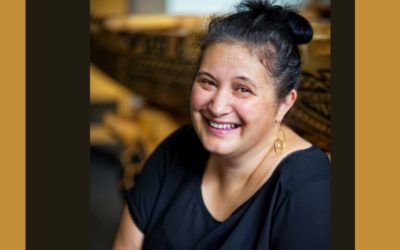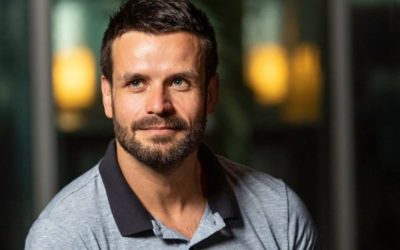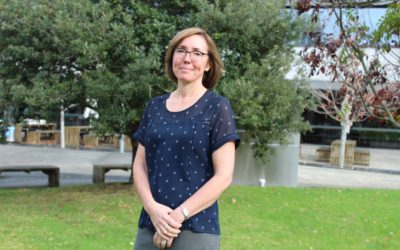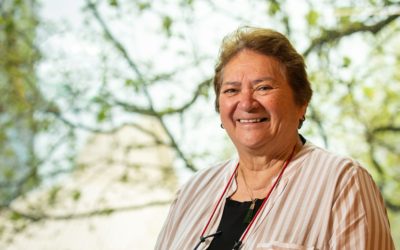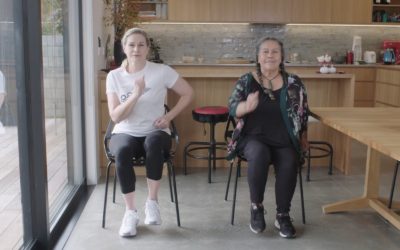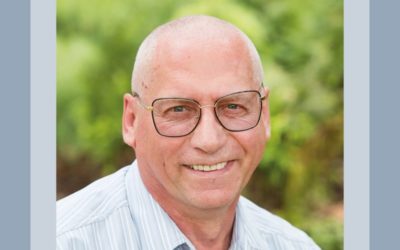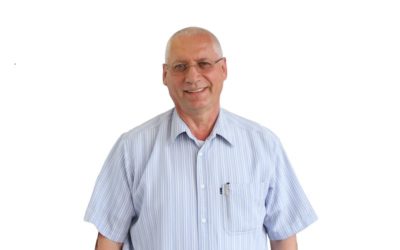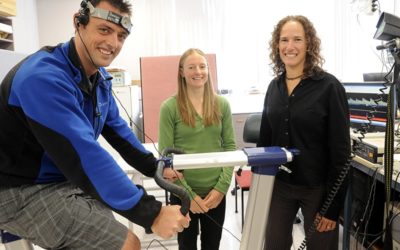When we last checked in with Dr Justine Camp (Kāi Tahu, Kāti Mamoe, Waitaha), she was in the middle of her PhD, conducting trials, collecting data and refining her whānau health compass. Now her project – which was supervised by Assoc Prof Anne-Marie Jackson...
Prevention and Risk Reduction
Just ten minutes a day could change your life
Dr David Moreau says you don’t need much time in your day to exercise your body and your brain. Dr David Moreau doesn’t buy the excuse that we don’t have time for exercise. His Early Career Research Excellence Award from the Royal Society Te Apārangi was for his...
Dementia App For Māori Launches
An app to help Māori affected by mate wareware (dementia) and to raise awareness of the disease has been launched. The app, Mate Wareware, was developed by researchers from the University of Auckland and AUT University following the largest-ever study of Māori...
Prof Cathy Stinear: Seven tips to keep your mind sharp
Your brain is the most precious and complex organ in your body, and it makes you who you are. Unlike some of your other vital organs, it can’t be repaired or replaced if it becomes diseased or wears out. Fortunately, writes Professor Cathy Stinear, there are things...
Empowering Māori to fight dementia
Even though Māori are diagnosed with dementia much younger than non-Māori, and it is predicted that they will make up 8% of New Zealanders living with dementia by2038, little is known about how this disease affects Māori. Most research is still conducted through a...
Improving hearing health across the Pacific
Professor Peter Thorne is working to improve hearing health across the Pacific by developing a better understanding of perceptions of hearing loss and to create a clearer, more equitable route for them to access hearing health services.
Healthy for Life: New TV programme helps older people stay active at home
Brain Research New Zealand members have combined forces with leading researchers and health professionals to develop “Healthy for Life”, a TV special to help older people stay physically active during the COVID-19 lockdown. The project is led by Assoc Prof John...
Pacific Summer Research Scholarship to continue psychology research
A University of Otago undergraduate student has received a prestigious scholarship to continue the work of researchers from the Psychology Department. Jordan Quensell has been awarded a Brain Research New Zealand Pacific Summer Research Scholarship to extend stair...
Prof Valery Feigin elected as Fellow of Royal Society Te Apārangi
BRNZ investigator Prof Valery Feigin (AUT) has been elected as both a Fellow of the Royal Society Te Apārangi and a Foreign Member of the Russian Academy of Sciences. Valery was elected as one of 19 new Ngā Ahurei a Te Apārangi Fellows, who are recognised for their...
Preventing stroke through coaching
Each year, stroke shortens the lives of millions of people across the globe – it is the second most common cause of death and disability worldwide. But according to BRNZ investigators, Dr Rita Krishnamurthi and MacDiarmid Medal winner, Prof. Valery Feigin, the...
Professor Valery Feigin’s Stroke Self-management Rehabilitation Website Goes Live
Prof Valery Feigin has done it again. After creating his award-winning Stroke Riskometer app in 2013, he has just launched another valuable tool for stroke prevention and recovery: Stroke.net.nz, a website focused on self-managed rehabilitation. Valery, a BRNZ...
Food and Exercise for a Healthy Brain
This article was originally published by the BHRC [http://www.otago.ac.nz/bhrc/news/otago651900.html] As a cognitive neuropsychologist Dr Liana Machado is interested in how physical damage to the brain can impact on our functioning. As we age, our brains, like the...
